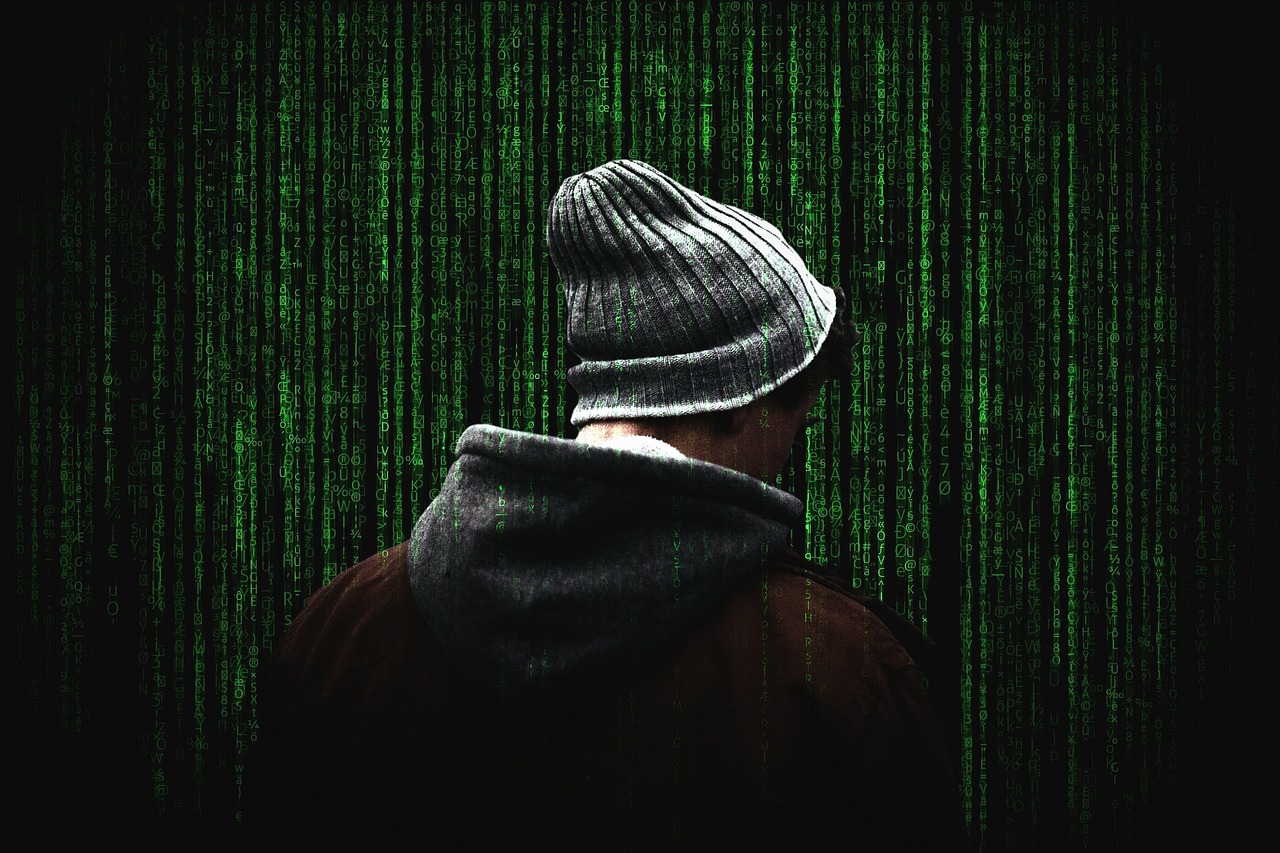That’s the choice that Neo faces in the movie The Matrix. The rebel leader Morpheus tells him that if he takes the blue pill, “the story ends.” Neo will wake up in his bed and believe whatever he wants to believe. But if he takes the red pill, Morpheus tells Neo, “you stay in Wonderland and I show you how deep the rabbit hole goes.”
Neo chooses the red pill, and the veil quickly drops. He realizes that he’s been living in a fabricated reality called the Matrix—a prison for the mind created by machines to harvest energy from humans. Everything he sees—from his clothes to his job—is an illusion created to blind him from the truth.
In life, most of us take the blue pill. Day after day, we choose the illusion of certainty rather than the messy reality of uncertainty. As a result, facts become dispensable, and misinformation and pseudoscience thrive. If the powers-that-be already decided that we use only 10% of our brains or that dietary cholesterol is inexorably bad for you, we can move on. There’s no reason to rock the boat.
“The greatest enemy of knowledge is not ignorance,” as the late Stephen Hawking said, “it is the illusion of knowledge.” The pretense of knowledge closes our ears and shuts off incoming educational signals from outside sources. Certainty blinds us to our own paralysis. The more we speak our version of the truth, preferably with passion and exaggerated hand gestures, the more our egos inflate to the size of skyscrapers—concealing what’s underneath.
Taking the red pill requires an admission of ignorance and a good dose of humility. When we utter those three dreaded words—I don’t know—our ego deflates, our mind opens, and our ears perk up. Admitting ignorance doesn’t mean remaining wilfully oblivious to facts. Rather, it requires a conscious type of ignorance where you become fully aware of what you don’t know in order to learn and grow.
The problem with the modern world, as Bertrand Russell put it, is that “the stupid are cocksure while the intelligent are full of doubt.” Even after he earned a Nobel prize, the physicist Richard Feynman thought of himself as a “confused ape” and approached everything around him with the same level of curiosity, enabling him to see nuances that others dismissed. “I would rather have questions that can’t be answered,” he remarked, “than answers that can’t be questioned.”
Yes, taking the red pill may reveal things that you don’t want to see.
But it’s far better to be uncomfortably uncertain than comfortably wrong.
Bold



